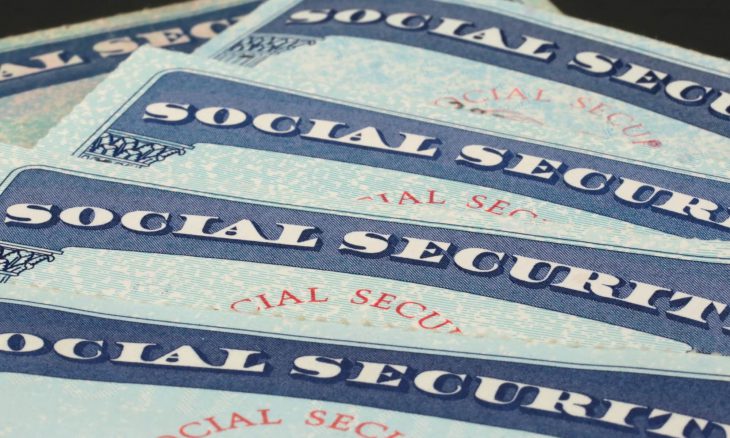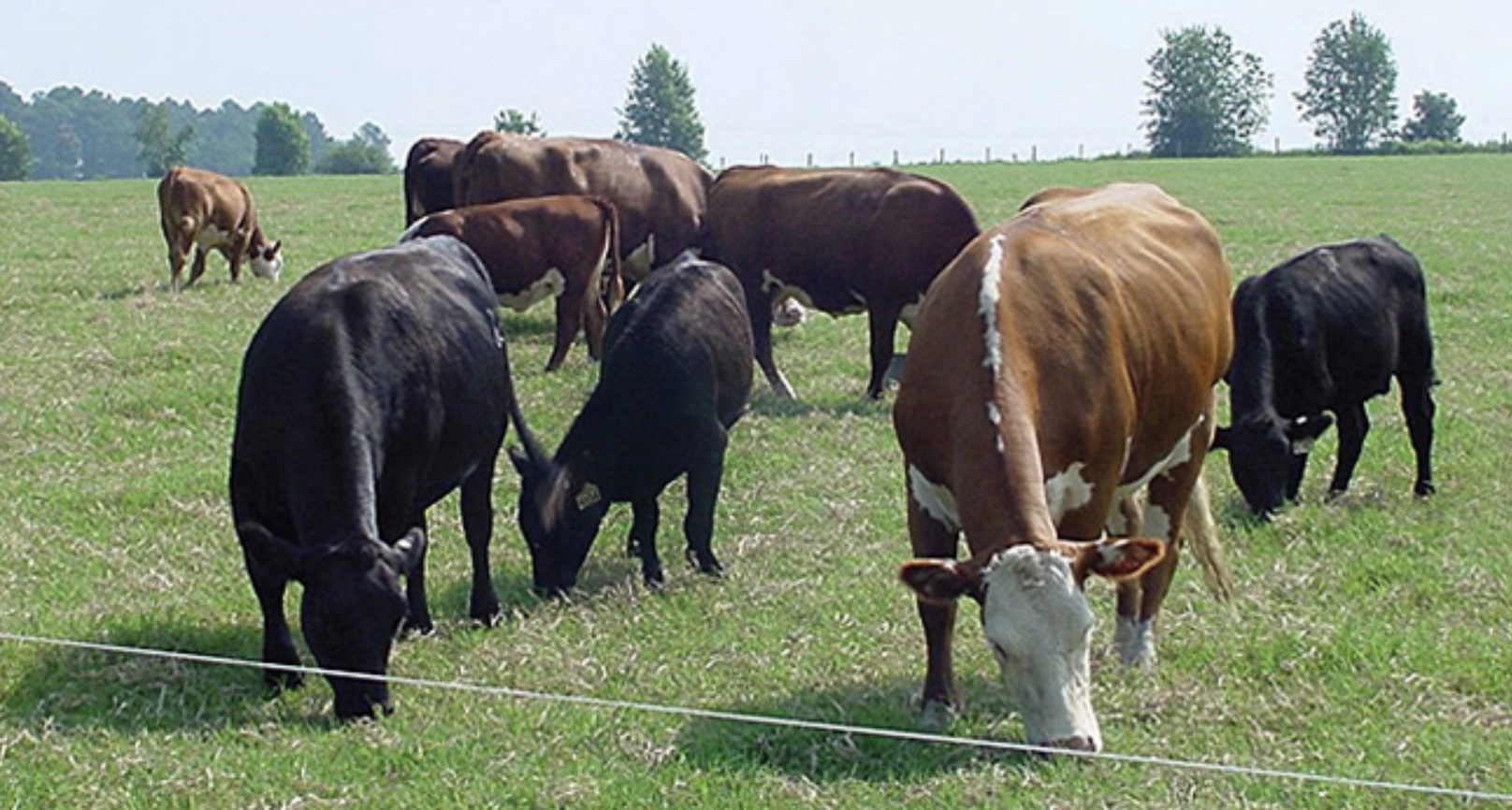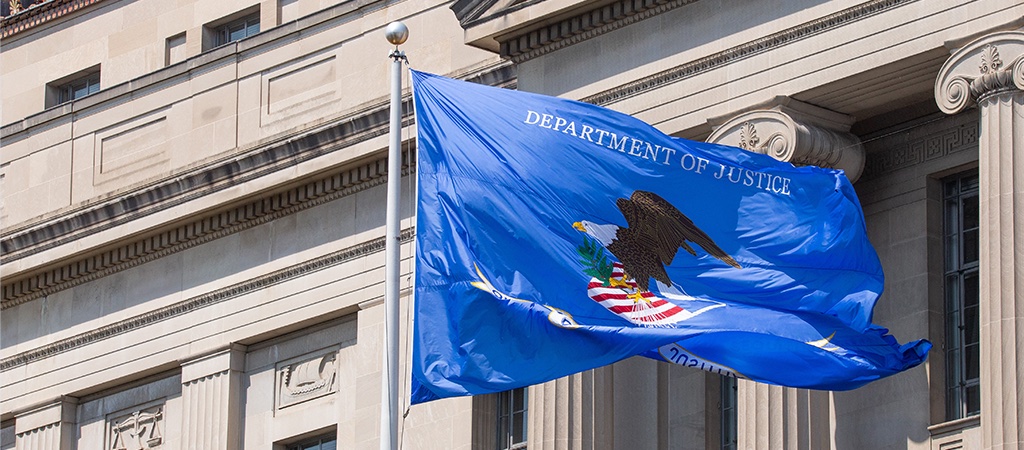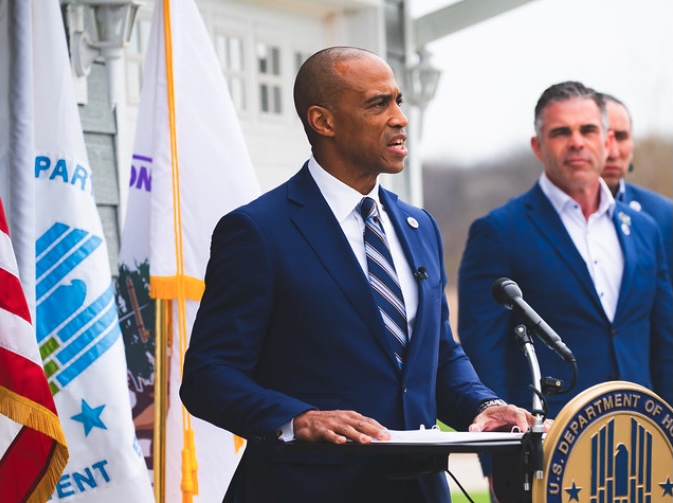This is the sixth of thirteen issues selected by our members and resulting from a nationwide faith and values study called Vital Signs.
Each week, we will cover a new topic with in-depth insights and biblical perspective in order to encourage, equip, and inspire praying Americans leading up to the 2020 Election.
Will Social Security and Medicare still be there for you?
Families have long offered support to their members who were no longer able to sustain their own self-reliance. When a family was unavailable, neighbors often pitched in. Churches were regularly called in to act, and local parishes were frequently the last resort for the aged. Having the government involved in caring for the aged among the population has been an American tradition that goes back centuries.
In 1601, the Elizabethan Poor Law was enacted in England, and it provided the intellectual foundations for services to the aged in the American colonies. It provided for government stepping in, exercising power of taxation and overseeing facilities for the poor, when other options—family, neighbors, churches—failed. The Pilgrims of the Plymouth Colony authorized civil leaders to provide outlays for vulnerable elders. As populations grew, so did philanthropic initiatives and bequests to care for specific segments of the elderly, with Catholic churches and Jewish communities building residences for care.
The Great Depression of the last century exposed in a startling way the risks of growing older. The Veterans Administration emerged as the most important source of elder support. The Social Security Act of 1935 was forged during the Depression as a partnership between the federal government and the states to assuage old-age dependency.
In 1965, President Lyndon Baines Johnson signed the Older Americans Act, and Medicaid and Medicare were signed into law. These, along with Social Security, have been amended across time. Yet today, they still remain relatively stable. Society still places eldercare responsibilities primarily on families, with institutional solutions stepping in only where family-based actions fail. Government programs have never supplanted family support or obviated the need for private-sector endeavors. And at a time when lifespans have been extended, the need for services to the aging increase.
What are America’s attitudes toward caring for the aging in the 21st Century?
Across most age groups, Americans are more and more concerned about the increasing demands on both families and government to care for the nation’s aging population. Just consider, in January 2011, the first baby boomers turned 65. Over the next 20 years, the number of adults who are 65 and older will double. The population of those 85 and older (the group most likely to need care) is expected to increase five-fold. By 2030, one in five Americans will be 65 or older, compared with 12 percent today, according to the Institute of Medicine in its 2008 report.
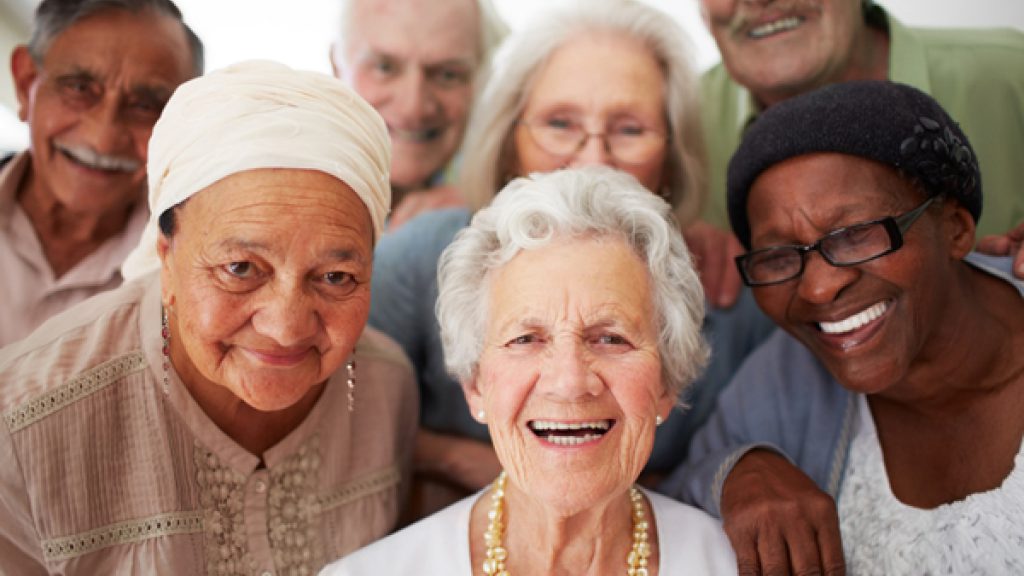
An article in the Kenosha News said, “The issue for Social Security is that a certain birth rate level is needed to ensure the stability of the worker-to-beneficiary ratio. If birth rates remain persistently low, there won’t be enough new workers to replace retirees in, say, 20 years.”
Lower fertility rates and aging populations have become worldwide concerns, with the G7 nations standing out for their lower birth rates and the graying of their citizens since the mid- 20th century when the United Nations first recorded this data. The end result is that there are fewer among the younger, working class Americans than there will be among the elderly who require their support. Economic challenges result from fewer workers as the aging demographic creates labor shortages.
Financial challenges are already being felt by the Social Security system, particularly since life expectancies are so far ahead of where they were when the program was initiated.
The Social Security trust fund is projected to be exhausted in 2040. For the first time since 1982, Social Security in 2020 is taking in less revenue than it is paying out.
And some in government are proposing a tax holiday for the remainder of 2020 because of the coronavirus.
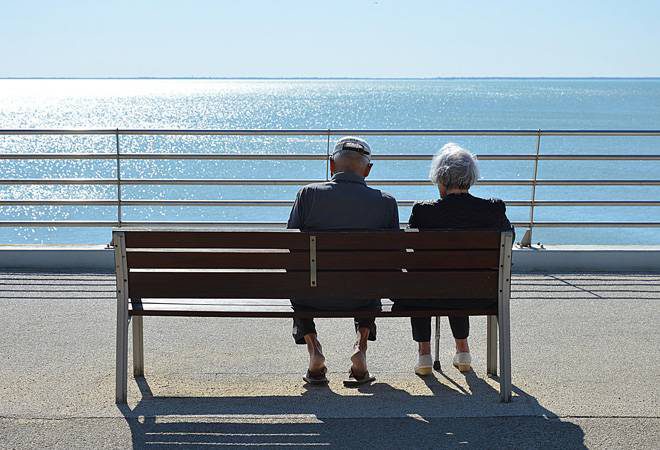
As the elderly live longer, private pensions are disappearing. For baby boomers, wage growth has been middling. For every age group, the cost of health care is soaring. All of these together with the plummeting birth rate equals a problem that suggests 18 million baby-boomers are poised to live out their golden years on the brink of bankruptcy.
John Cogan, a professor of public policy at Stanford, said, “The solution, I think, is to slow the growth in real benefits promised to future recipients.”
Robert Reischauer, a former Social Security trustee, fears that, given the current acrimony of American politics, there will be no compromise until the last minute. “We will need a combination of increased taxes and reduced benefits, undoubtedly,” he said. “But if we wait, the deficits will only grow and the eventual solution will be much more painful.”
Aggressively cutting defense spending, raising taxes more broadly, and dramatically expanding legal immigration are not largely popular propositions. But neither is reducing benefits to the elderly. So called “entitlements” are repeatedly referred to as the “third rail of American politics,” with politicians too afraid to touch it.
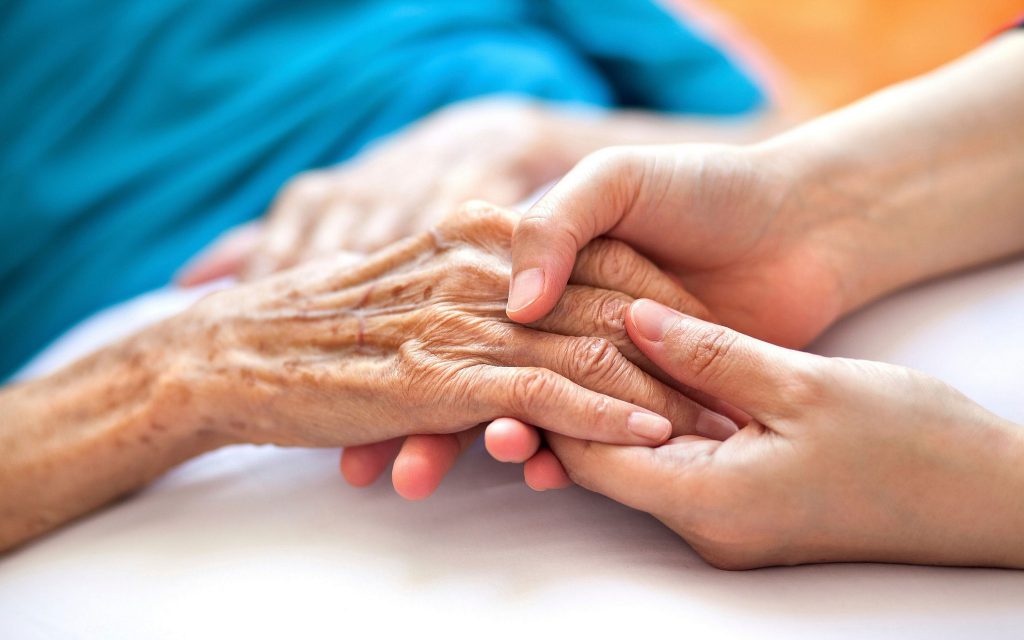
A recent Washington Examiner opinion piece said, “The uncertain economic environment makes the debate over how to save Social Security that much more important. Trade-offs must be made, but the acute contraction of the employment landscape [due to the coronavirus closures] dictates that so-called solutions that harm employment will serve to undermine the nation’s economic recovery as well as the lasting health of Social Security.”
A reviewer of Gallup research last year said that older Americans are extraordinarily dependent on Social Security, with 57 percent of retirees saying it is a “major” source of their income, eclipsing by far retirement accounts such as 401(k)s and IRAs and workplace-sponsored pensions. That same Gallup poll said Americans consistently say that they want Social Security benefits retained with no cuts. And the Pew Research Center found the same thing, with 74 percent of Americans saying Social Security benefits should not be reduced in any way, and only 6 percent favoring cutting government spending on the program. At the same time, they recognize that the system’s future is perilous.

Medicare, likewise, is a popular program. The public expresses concern about its financial future; yet are resistant to most proposed changes, particularly to those that involve scaling back benefits. Older adults have more positive opinions of Medicare than younger adults. Still, those younger than 65 also place a lot of value on the program, saying it is important for their families. Most older Americans are resistant to any talk of change in the Medicare program, while some younger workers express concern that it may not be there when they reach their enrollment age (a similar worry expressed about Social Security).
In recent days, Medicare-for-all has become a staple in national conversations around health care. Support for such a program shifts significantly when people hear arguments about potential tax increases and delays in medical tests and treatments. The whole concept of a single-payer plan is divisive, and most among the elderly resist that plan.
Baby boomers and adults over 65 are more likely to support a Medicare-for-all program when they are framed as expansions of existing policies rather than as new programs. Medicaid Buy-In proposals are most strongly supported by Millennials.
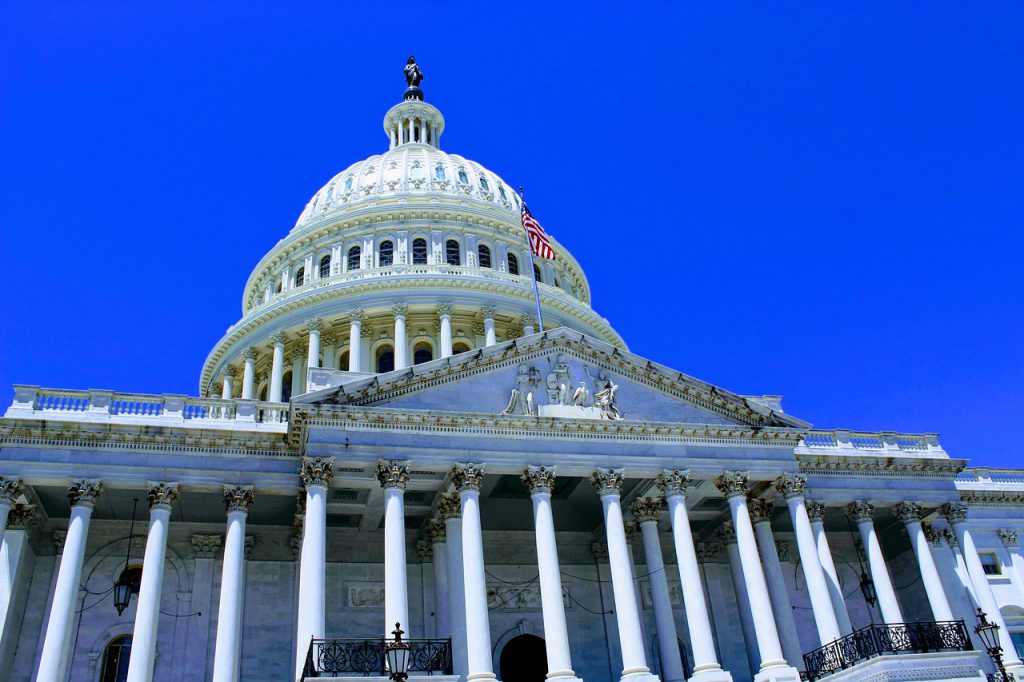
A bipartisan bill to set up commissions that would recommend changes to address looming insolvency in federal trust funds will be in the new coronavirus package from the Senate being called the Trust Act, according to Senate Leader Mitch McConnell. House Ways and Means Committee Chairman Richard Neal said the bill would “result in far-reaching cuts to Social and Medicare—that is the in of the bill.”
Some in the Christian community suggest Social Security Is an unbiblical, idolatrous system. As expressed by Pastor Matt Trewhella of Wisconsin, “Social Security is a violation of the First Commandment by demanding that seniors trust it in their old age. He calls Social Security a violation of the Tenth Commandment through a “transfer of wealth from young to old” and it leads to covetousness. He says it violates God’s work ethic and the jurisdiction of the family and the church. And to avoid slavery to government, participation in the Social Security program should be voluntary. It is unclear how widely accepted his views are.
The National Council of Churches believes government bears a responsibility for all of the citizens under its care. “All faith traditions follow a similar directive to honor father and mother and to care for widows and orphans. Social Security is a modern-day manifestation of our commitment to care for the last, the least, and the lost.” In an interview, Jim Wallis, founder and editor of Sojourners magazine, theologian, teacher and writer, and author of Honor Your Father and Mother, said, “Social Security is an expression of national values—and for Christians, our biblical priorities. It is about protecting the American dream, but also honoring God’s community by providing opportunity and dignity.”
What does the Bible say?
The Bible speaks of old age, aging in grace and wisdom, respect for one’s elders, and caring for the elderly.
God’s plan to provide for the needs of people is:
Individuals are to care for themselves. Paul reminds you of his own attitudes in Acts 20:33-35 – “I coveted no one’s silver or gold or apparel. You yourselves know that these hands ministered to my necessities and to those who were with me. In all things I have shown you that by working hard in this way we must help the weak.”
And in 2 Thessalonians 3:6-12, Paul relates how, even while ministering, he also worked. “We were not idle…nor did we eat anyone’s bread without paying for it, but with toil and labor we worked night and day that we might not be a burden to any of you.” Then he encouraged others to imitate him, doing their work “quietly and to earn their own living.”
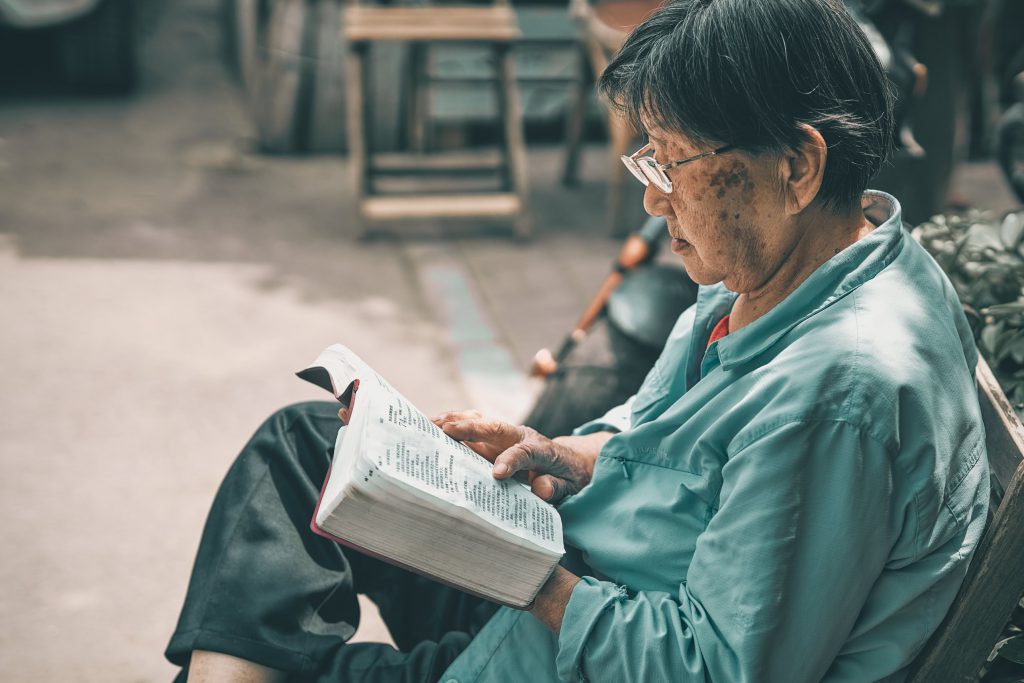
Fathers are to care for their families. 1 Timothy 5:8 says, “If anyone does not provide for his relatives, and especially for members of his household, he has denied the faith and is worse than an unbeliever.”
Parents are to provide for the children. “Children are not obligated to save up for their parents, but parents for their children” (2 Corinthians 12:14).
Parents are to leave house and riches to their children. And a good man will even leave inheritance for his grandchildren. “House and wealth are inherited from fathers…” (Proverbs 19:14); “A good man leaves an inheritance to his children’s children” (Proverbs13:22).
Children or extended family members are to care for their elderly parents. “But if a widow has children or grandchildren, let them first learn to show godliness to their own household and to make some return to their parents, for this is pleasing in the sight of God” (1 Timothy 5:4).

Other caregivers should include the church and neighbors. 1 Timothy 5:3-11 says that if someone has no family, the church and its people are to provide for their needs. God pays particular attention to widows; often because men would die early from heavy labor or in war, and the women were left to fend for themselves in a society where they were not honored.
The Bible also made provision for the poor (James 1:27, Deuteronomy 15:11, Proverbs 21:13, Proverbs 22:9, and Proverbs 28:27); and people are even supposed to help their enemies (Romans 12:20).
Christians are to help fellow believers (1 John 3:17, 2 Corinthians 9:12).
Social welfare was available to those who could not work, but sluggards, the Bible suggests, will work when they get hungry enough (2 Thessalonians 3:10).
The Bible also instructs you to submit to authority, and to the laws of the land. “Be subject for the Lord’s sake to every human institution” (1 Peter 2:13). “Jesus has the last word. “So whatever you wish that others would do to you, do also to them, for this is the Law and the Prophets” (Matthew 7:12).
PRAYER POINTS
- Pray for, honor, and respect seniors living among you, whether as part of your family, your community, or your church.
- Pray for those who care for the elderly, whether family members, in residence homes or care centers, or in other institutions.
- Pray for Congress and the Administration as they look to issues of Social Security, Medicare, and other programs that assist retirees and others, which have become an integrated part of American life.
- Pray for wisdom on your own stance as it relates to social welfare programs, regardless of recipients, and the claims made by those with diverse opinions.




